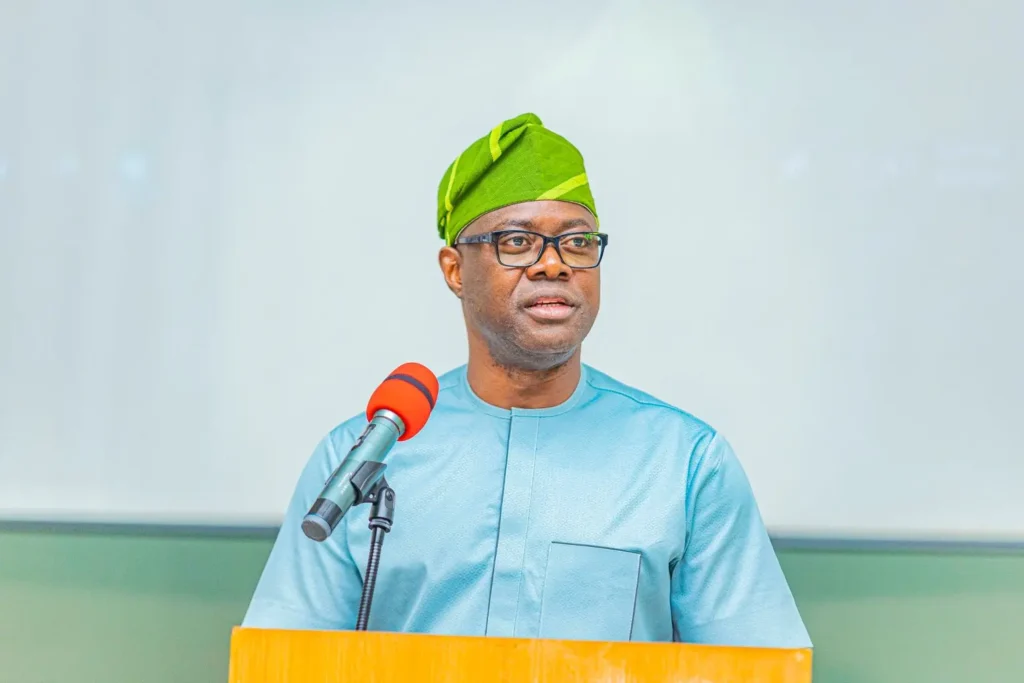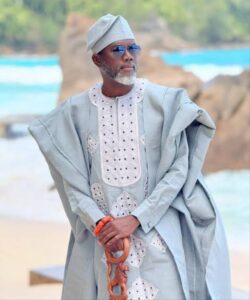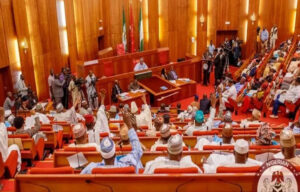Governor Seyi Makinde of Oyo State has sparked a national conversation after suggesting that Nigeria should adopt a single-term system for top political positions. He proposed a one-time term of five or six years for presidents, governors, and local government leaders.
Makinde believes that leaders only focus on serious governance during the first five years of their eight-year terms. He shared his personal experience, saying one year was lost to the COVID-19 pandemic, and another to campaigning for re-election. Now, he says, people are already asking him what he plans to do next—causing even more distractions.
In his view, a single term of five or six years would help leaders stay focused and deliver better results. Without the pressure of re-election, Makinde believes leaders would concentrate on working for the people.
This idea isn’t new. In November 2024, Nigeria’s House of Representatives rejected a bill that would have allowed a six-year single term for presidents, governors, and local council leaders. The bill aimed to reduce the costs of frequent elections and promote better governance.
That bill sought to change several sections of the 1999 Constitution. Despite being backed by 34 lawmakers, including Hon. Ikenga Ugochinyere, it was voted down.
Supporters of Makinde’s idea say the current two-term system causes too many problems. Lawyer and activist Maduabuchi Idam agrees that two terms are a major distraction. He said that leaders focus more on re-election than on solving important issues like security and the economy.
Idam used President Tinubu as an example, saying the president appears to be more focused on the 2027 election than on fulfilling his promises. He urged the National Assembly to revisit the six-year term bill, calling it necessary to rescue Nigeria from bad leadership.
According to Idam, the two-term system leads to instability. He said politicians are more interested in staying in power than making real progress, and this attitude is visible at all levels of government.
He argued that no Nigerian politician is ever satisfied with just one term, even if their performance is poor. Most of them want to use all eight years, regardless of their results.
But not everyone agrees. Hakeem Baba-Ahmed, a former adviser to President Tinubu, said the constitution only allows leaders to serve four years at a time. If they want to run again, they must seek a fresh mandate from the voters.
Baba-Ahmed said Nigerians wrongly assume every leader must serve two terms. He reminded the public that not all presidents have served eight years. For example, President Yar’Adua served for only two years before his death, and former President Jonathan was not re-elected.
He believes that expecting two terms has become a political and ethnic issue, and that simply changing the constitution won’t improve leadership. The real problem, he said, is the quality of politicians in Nigeria.
Even if leaders are given six years, Baba-Ahmed warned they could still misgovern. Without fear of re-election, some may act without accountability or responsibility.
He stressed that Nigerians must start voting for better leaders. Changing the system alone won’t help if the same kind of corrupt politicians remain in power.
Baba-Ahmed also said the current National Assembly is unlikely to make such big changes. He claimed the executive branch has too much control over lawmakers and that this makes serious reforms nearly impossible.
Meanwhile, Hon. Ikenga Ugochinyere, the lawmaker who introduced the six-year term bill, still supports it. He believes one term of six years will cut down on waste and allow leaders to focus more on development.
Ugochinyere plans to bring the bill back. He is also pushing for all elections to take place on the same day, which he says will save money and reduce political tension. That part of his proposal has already passed its second reading.
In his view, now is the right time for Nigeria to adopt the single six-year term. He believes this change will help reduce distractions, stop misuse of public funds, and encourage better leadership.







